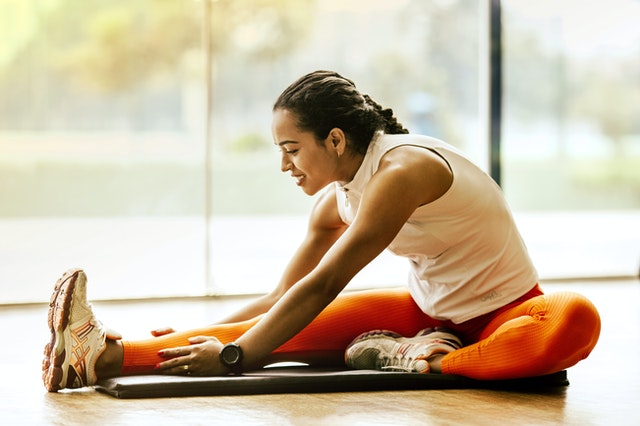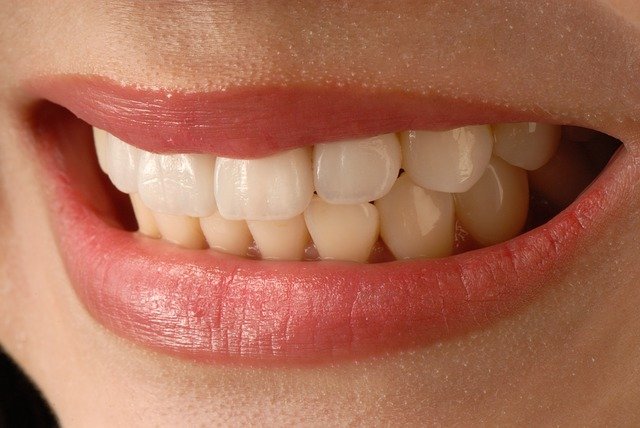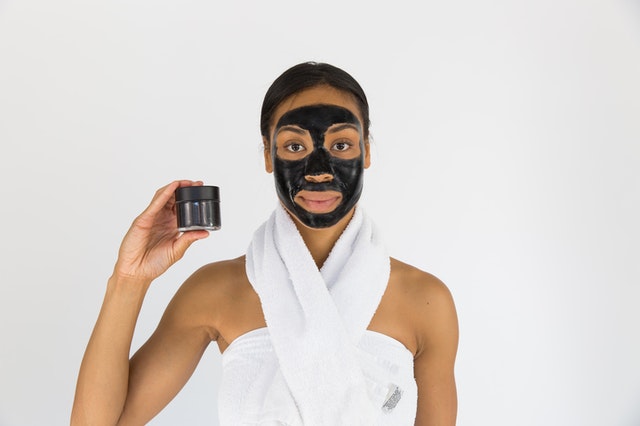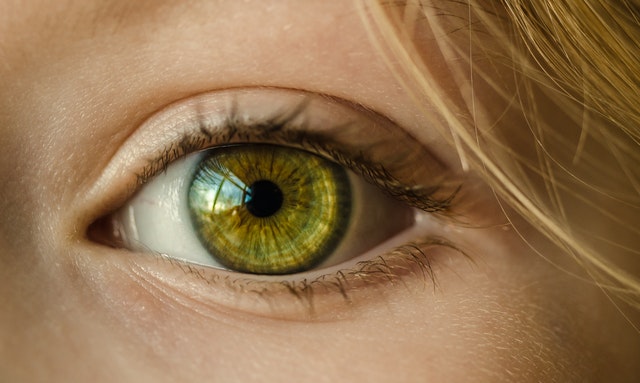The Covid-19 crisis has got many of us thinking about our health. It’s not possible to prevent every illness or infection, but taking good care of yourself can help to reduce risks. If you’re looking for simple, manageable steps to improve your health, this guide is packed with top tips.
Exercise
Some people love to exercise, but for others, it’s a chore. Inactivity levels are high in the US, with the proportion of adults who live sedentary lifestyles reaching up to 47% in some states. Inactivity is a major risk factor for several life-threatening illnesses, including heart disease, type 2 diabetes, and some types of cancer. The CDC recommends 150 minutes of moderate exercise or 75 minutes of intense activity per week. This may seem a lot if you’re not used to exercising, but moderate activities include everything from gardening and taking the dog for a walk to going for a gentle bike ride. If you don’t exercise at all, try and increase your activity levels gradually. Start by going for a walk every evening, for example. As you become fitter, and you get used to moving your body more, you can try new activities. There’s an assumption that you have to lift weights or spend hours jogging on a treadmill or squatting to get fit. In reality, there are myriad activities you can try to get in shape and boost your health. You can go to dance classes, you can play tennis or golf, you could join a running club or sign up for spin or circuit training sessions. You can work out at home if you’re short on time, or you don’t feel comfortable exercising around others, and you can also use your free time to get out into the great outdoors. Hiking, cycling, climbing, kayaking, and open water swimming are brilliant ways to increase fitness and enjoy the benefits of being outside.
Many people are aware of the physical benefits of exercise, but adopting a more active lifestyle can also be extremely beneficial for mental wellbeing. Physical activity increases energy levels, it lifts your mood and increases confidence and it can also reduce stress and anxiety. If you get into the swing of exercising frequently, you should find that you feel more energetic, your sleep quality improves and you are better able to cope with stress. Exercise can help you clear your mind or channel emotions if you’ve had a tough day, you’re exhausted or you’re struggling to switch off. Go for a walk or a run, join a yoga or Pilates class, or get involved in golf lessons or dance, boxing, or weights sessions. You can channel anger or frustration, relax your body and mind or simply enjoy a distraction from work or other pressures.
Diet
When you hear the word ‘diet’ what kinds of images or terms spring to mind? Many of us automatically associate changing our diet with losing weight. It is true that adapting your diet can help you shed pounds, but the most significant benefit of a healthy diet is providing essential nutrients for your body. Nutrition should be your number one priority when choosing what to eat, as your body is reliant on the foods you consume. Aim to design a weekly menu that is packed with meals that contain an array of vitamins and minerals, and avoid cutting out food groups entirely. There are myriad fad diets out there, and it’s important to focus on fueling your body and ensuring your diet is healthy and balanced. Fad diets may produce rapid weight loss, but they can be bad for your health, and the results are usually unsustainable. Cooking at home is an effective means of taking control of your diet and regulating what goes into your meals. If you’re not a maestro in the kitchen, you can use the Internet to find quick, easy, healthy recipes.
Dental health
Did you know that taking good care of your teeth and gums can reduce the risk of cardiovascular disease? Oral health is linked to general health. Dental diseases are relatively common, but they are almost always preventable. The key strategies to employ for healthy smiles include a good daily oral hygiene regime, frequent check-ups, and a healthy, balanced diet. Brush your teeth twice a day for at least two minutes each time. It’s beneficial to use an electric toothbrush, to brush gently to protect the enamel, and to use either floss or interdental brushes to clean between the teeth. Book a dental check at your local dental office every 6-12 months. Attending regular appointments reduces the risk of gum disease and decay dramatically. When you go to see your dentist, they will also perform oral cancer checks as part of your routine examination. Your diet also has an essential role to play in keeping your teeth and gums in check. Avoid sugary and acidic foods, ensure you hit the daily recommended intake target for calcium, and try to cut out snacking. When you eat, the bacteria in your mouth feed and this produces acids, which temporarily weaken the tooth enamel. If you eat between meals, your teeth never have a chance to recover and the risk of decay and sensitivity will increase. It’s also important to wait around 45-60 minutes to brush your teeth after eating so that you’re not cleaning your teeth while the enamel is soft.
Skincare
The skin is the largest organ in the body and it plays a vital role in protecting your body from environmental hazards and external threats. Looking after your skin is important for keeping the skin healthy and boosting your confidence. Sun protection is one of the most crucial considerations. The sun’s UV rays can cause irreparable damage to the skin, accelerating the aging process and putting you at risk of sunburn and skin cancer. It’s also critical to keep your skin hydrated. If your diet lacks essential nutrients, you don’t consume enough fluid, or your skin is naturally very dry, it’s beneficial to learn how to soothe dry skin. Increase your fluid intake, protect your skin from the wind and rain and use products that are designed to nourish and hydrate. Many people find that their skin dries out during the colder months as a result of harsh conditions and putting the heating on more often. If your skin is dry or itchy, moisturize using light lotions and oils that are absorbed rapidly and look for skincare products that reduce redness, swelling and itchiness. Your diet can also impact your skin. To boost radiance and clarity, add berries, leafy green vegetables, nuts, oily fish and tomatoes to your shopping list.
Stress management
Studies suggest that stress levels are around 20% higher in the US than the world average. Stress affects us all at some point, but there are different types of stress and people respond differently to pressure. In some cases, stress can make us perform better and thrive, but often, stress can be detrimental. If you experience severe or chronic stress, this can have a negative impact on your physical and mental health. Stress can stop you from sleeping, it can make you irritable and restless, it can affect your relationships at home and your performance at work, and it can make you more susceptible to illness.
There are several self-help techniques you can try to manage stress, but it’s also important to understand that there is help available. Strategies that can help to lower stress levels include meditation, taking time out, spending time in the open air, physical activity, breathing exercises, and hobbies. Creative activities can be particularly beneficial for expressing and managing emotions, clearing your mind, and having fun. It’s also critical to talk if you feel down, you’re struggling to leave work at the office or you’re anxious. Lightening the load can also help. Many of us feel stressed because we have too much on our plates. If your workload has increased, you’re struggling to juggle childcare with work or your schedule is packed, don’t hesitate to ask for help. Speak to your boss, manage your time, call on friends and family for favors, and don’t feel guilty if you say no to the occasional invite or offer to do overtime. Taking a break can help you recharge your batteries.
Vision and hearing
Changes in our vision and hearing often occur gradually, and sometimes, we wait until there are signs of significant deterioration to seek advice. It’s a good idea to book regular sight and hearing tests and it’s important to make an appointment if you notice changes. If you’re straining to read signs, or you’re asking people to repeat themselves all the time, get checked out. It’s also beneficial to take steps to protect your senses. Rest your eyes if you spend long periods of time staring at a computer screen and download blue light filter software. Avoid listening to loud music, and use ear protection if your job means that you are exposed to high levels of noise.
The pandemic has caused many of us to think about our health and wellbeing. If you’re looking to make changes to your lifestyle, hopefully, these simple steps will enable you to take better care of yourself.







Leave a Reply